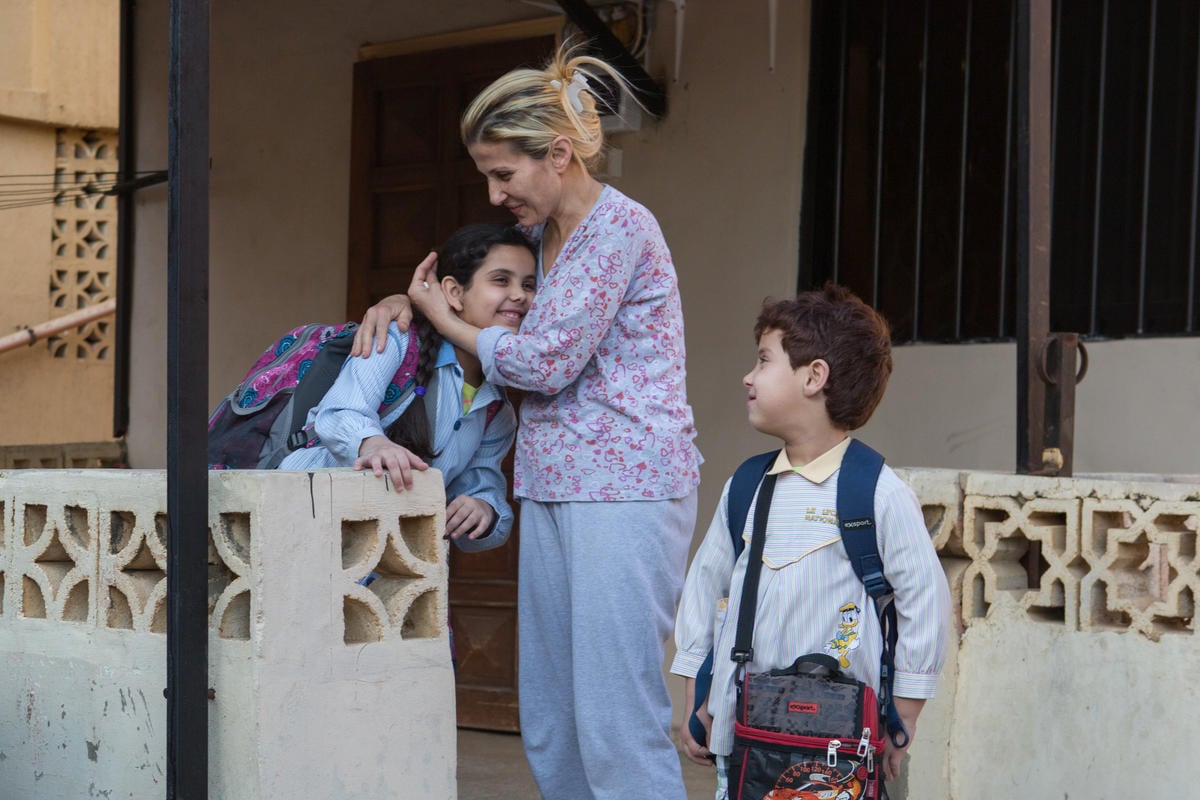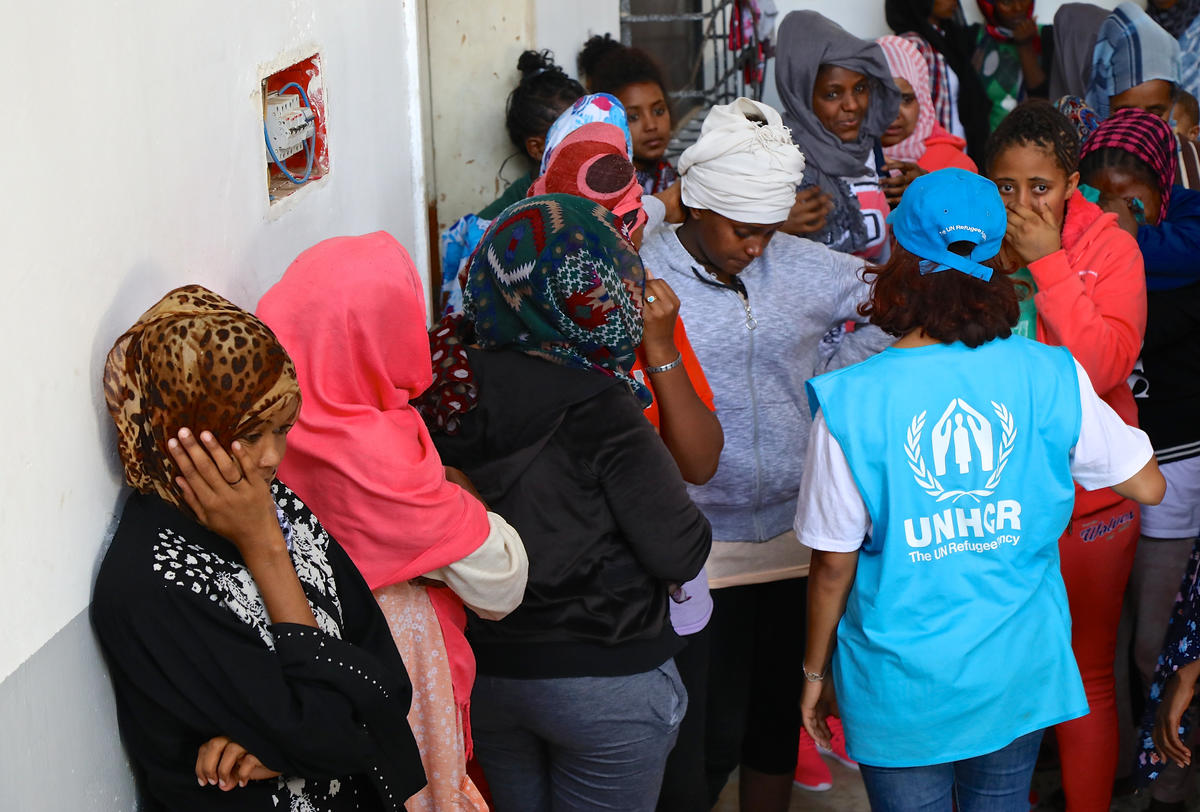Look beyond humanitarian dimension for refugee solutions, Lubbers tells Human Rights Commission
Look beyond humanitarian dimension for refugee solutions, Lubbers tells Human Rights Commission

GENEVA, March 16 (UNHCR) - Declaring it is not enough to focus solely on the humanitarian dimension of refugee problems, UN refugee agency chief Ruud Lubbers on Tuesday outlined a range of initiatives aimed at finding lasting solutions for the world's displaced.
"The international community has a shared interest in finding durable solutions for refugees," High Commissioner Lubbers told the 60th session of the UN Commission on Human Rights. "Over the past 50 years, however, experience has shown that international cooperation has not always been as effective as it could have been. The result is that we have seen too many protracted refugee situations; too many young refugees becoming child soldiers; too many refugees becoming victims of human traffickers."
Ensuring a more comprehensive, predictable and effective response to refugee situations requires that their economic, social and political dimensions also be considered, Lubbers said.
"Refugees should not be excluded from development assistance, as has been the general rule until now; neither should they be excluded from national HIV/AIDS programmes," he said. "The search for durable solutions must become more systematic and must begin at the outset of each new refugee crisis. The security dimension must not be ignored; neither should the broader migration dimension be overlooked."
Lubbers said his Convention Plus initiative, designed to strengthen and complement the 1951 Refugee Convention that is the foundation of UNHCR's work, will enhance burden-sharing among countries and sharpen the international focus on finding solutions for refugees. Within this context, UNHCR and a host of other partners - including the UN Development Programme and the World Bank - have developed a "Framework for Durable Solutions" which is already being implemented through specific projects in Afghanistan, Eritrea, Sierra Leone, Sri Lanka and Zambia.
He said the Framework for Durable Solutions consists of three elements:
- Promotion of better targeting of development assistance to countries and areas hosting large numbers of refugees over protracted periods.
- Establishment of so-called "4Rs" programmes in post-conflict situations, aimed at ensuring an integrated approach to repatriation, reintegration, rehabilitation and reconstruction.
- And promotion of development strategies in those cases where local integration of refugees is a viable option.
"There has been considerable progress in recent years in finding solutions for refugees," Lubbers said. "In Afghanistan we have witnessed one of the largest return movements in decades. Over the last two years, more than 2.5 million Afghans have returned to their homes and the repatriation operation continues."
In Africa, he said, refugees are going home in Angola, Eritrea, Rwanda and parts of Somalia, and there are "hopeful signs" that other conflicts may soon come to an end.
"Indeed, the resolution of conflicts in countries such as Burundi, the Democratic Republic of the Congo, Sudan and Liberia could, over the next few years, lead to the voluntary repatriation of up to 2 million refugees from several African countries and the return of several million more internally displaced persons," Lubbers said.
UNHCR is also emphasising rule of law and justice issues as part of its efforts to ensure the voluntary return and sustainable reintegration of refugees. Experience has shown that the reintegration of returnees in post-conflict situations is closely linked to the re-establishment and proper functioning of national protection mechanisms.
"There is now a greater understanding than before of the important role of transitional justice strategies, both to deal with past violence and human rights abuses, as well as their recurrence," the High Commissioner said. "These include prosecuting perpetrators of war crimes and other human rights abuses, revealing the truth about past crimes, providing victims with reparations, vetting individuals, reforming abusive institutions and promoting reconciliation."
Equitable arrangements for land, housing and property restitution are also particularly important issues for returnees, including in Iraq where UNHCR is advising authorities.
Lubbers called on the Human Rights Commission to focus specific attention on the problem of statelessness and disputed citizenship, noting that only 55 governments have so far acceded to the 1954 Convention Relating to the Status of Stateless Persons. Even fewer - only 27 - have acceded to the 1961 Convention on the Reduction of Statelessness.
"The Universal Declaration of Human Rights states clearly that everyone has the right to a nationality," he said. "Yet there are millions and millions of people in the world today who are effectively stateless."








